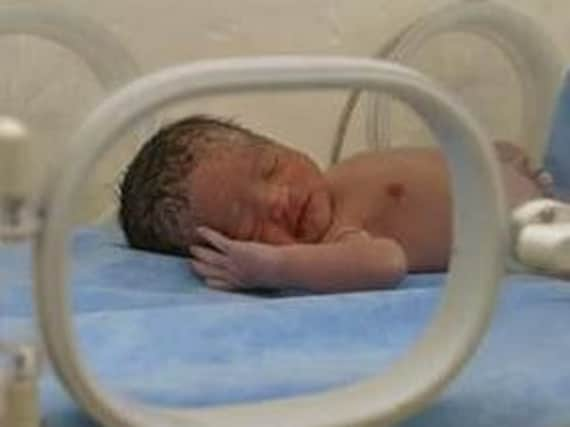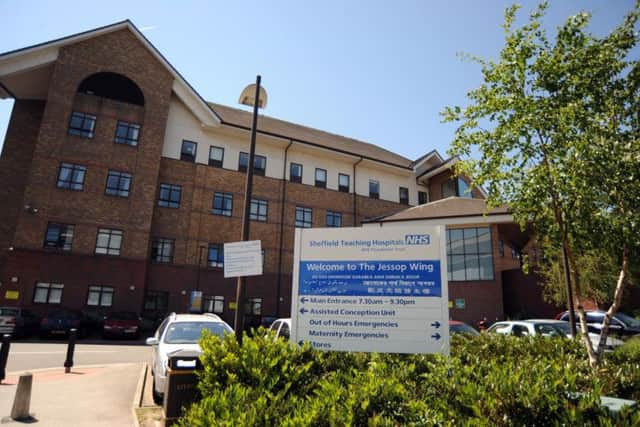New groundbreaking test trialed in Sheffield to predict chance of premature birth up top three months before due date


The non-invasive device could save the NHS £1 billion a year and can alert doctors to tell-tale accumulations of moisture in the cervix, giving them the chance to intervene and artificially prolong pregnancy.
The procedure, which just takes 15 seconds, is so easy that GPs and nurses can carry it out.


Advertisement
Hide AdAdvertisement
Hide AdDoctors from Sheffield hospitals and scientists from the University of Sheffield, have been awarded around £790,000 to test a small pencil-tip probe to detect properties that are known to change in the cervix prior to the onset of premature labour.
Gynecologists currently have to rely on time-consuming and expensive tests which many result in false outcomes and, even when accurate, can only predict premature birth a few days before.
Professor Dilly Anumba, who is leading the research at Sheffield’s Royal Hallamshire Hospital, said: “If we are able to identify women at real risk, then we can target them for treatments way before pre-term birth occurs to reduce the risks of either the baby dying or the extremely premature baby surviving with cerebral palsy or other problems associated with prematurity.
"Preterm birth is a huge global problem, and the prediction and prevention of preterm birth remain challenging, because current methods, such as measuring the cervix by ultrasound, have limited accuracy.


Advertisement
Hide AdAdvertisement
Hide Ad"If a technique that reliably predicts preterm birth could be developed, care measures can be employed to delay birth to reduce potential long-term disability and impairment. We know that even if we can delay birth by a number of weeks, we can reduce the risk of more severe outcomes.
"Thanks to NIHR funding, we will now be able to improve on our original promising invention, and build on the world-leading expertise in Sheffield to improve pregnancy and preterm outcomes.”
Once tested, all pregnant women could be offered an assessment of their risk of premature labour during their mid-term scan, between the 18th and 20th week of pregnancy.
The research has been funded in part by the National Institute for Health Research, the NHS research arm, and has included 200 women who have previously had pre-term births.